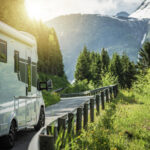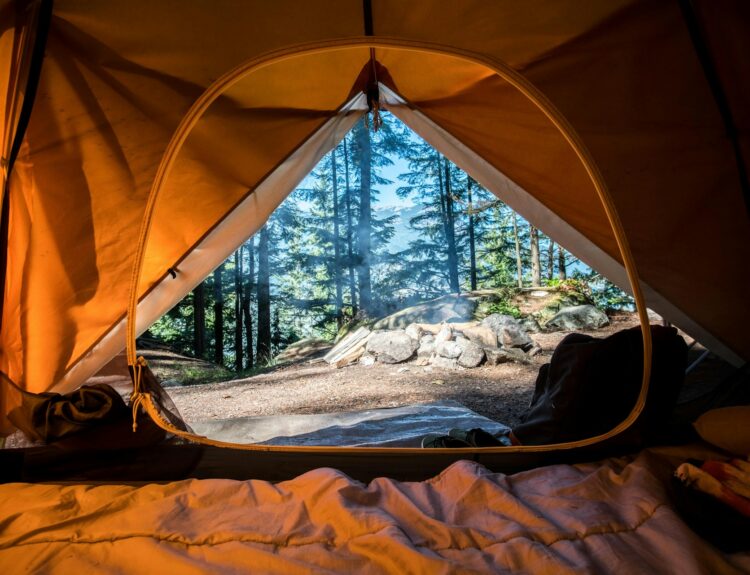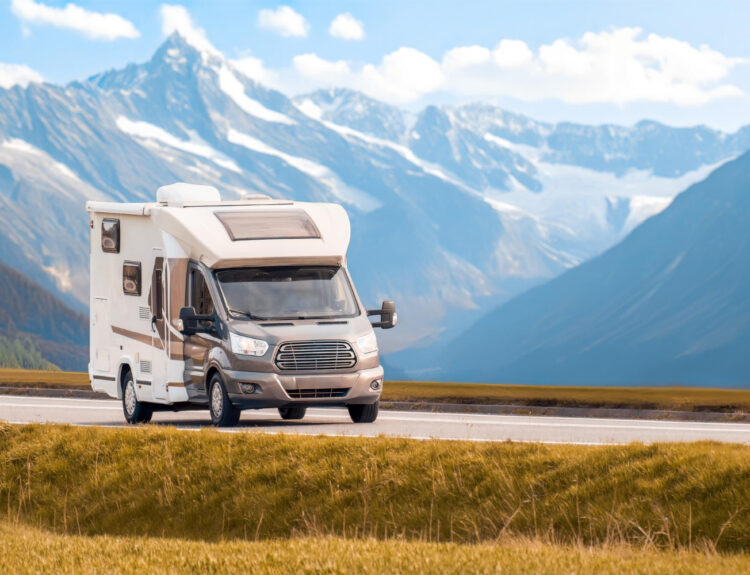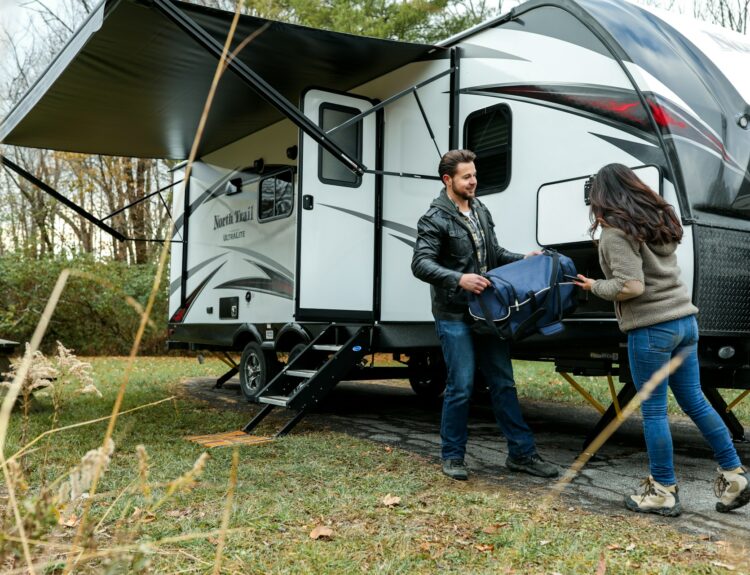Picture this: You’re driving along curly roads with your favorite tunes on and watching beautiful landscapes in front of you. You’re not restricted by schedules or hotel bookings. Instead, you find comfort, convenience, and liberty traveling in an RV campervan. Offering a unique blend of adventure and flexibility, this type of travel has become a dream for many. So, if you’re planning a memorable road journey, check out this comprehensive RV guide to plan the best adventure of your life.
Important Documents for RV Road Tripping
The key to any successful trip is proper preparation. One of its elements is settling out all law-related matters before you press the pedal and gathering essential legal papers:
- A driving license is essential. It verifies that you have the necessary skills to handle a vehicle of this size on the road.
- If you own your RV, take a bill of sales for cars with you to prove the vehicle is not stolen or used without the owner’s permission.
- Vehicle registration also implies that you are allowed to operate the RV. It is often used to identify your vehicle during traffic stops or at campgrounds.
- If you lease your RV, take your rental contact. It proves that you have permission to use the house on wheels.
- If you’re crossing international borders, don’t forget about a passport and visa.
- Insurance protects you against potential damage or loss of your RV. Besides, if you get into an accident and harm someone or something, you will be covered by liability.
- Vehicle inspection reports prove your mobile home is safe and produces a permissible amount of emissions.
- A roadside assistance membership card provides everything from lock-out service to emergency towing.
- Health insurance and friends/ family members’ contact information will be helpful in case of a medical emergency.
Advantages of Traveling in an RV
First and foremost, you have the complete autonomy to stop anywhere, anytime. Whether you want to enjoy the sunset in a picturesque location or stay a night under the stars, campervan travel lends you the luxury to plan your day as you wish.
Traveling in an RV is also very beneficial from an economic perspective. It puts transportation, housing, and dining into one convenient package and offers the comforts of home while you’re on the road.
Besides, it provides a unique opportunity to share your journey with family and friends or visit them no matter where they live.
Tips for Planning a Smooth Trip
Remember, the proper preparation can make your RV travel much more enjoyable and safer. These steps will help you to prevent all possible problems and prepare for a stress-free adventure:
- Map your route: While part of the fun is spontaneous adventure, it’s a good idea to have a plan. Research the roads to ensure they’re driving an RV along the suitable roads. You don’t want to end up on a narrow mountain pass that is not meant for larger vehicles.
- Schedule breaks: Don’t underestimate the fatigue of driving. Plan for regular stops to take in sights or to relax. In a 5-hour journey, have a lunch break and a quick tea break to stretch your legs and freshen up.
- Campsite booking: Campgrounds can be fully booked in peak seasons. Make reservations ahead of time whenever possible.
- Learn basic maintenance: You never know when your vehicle may decide it doesn’t want to keep moving. If your RV suddenly breaks down somewhere at the lakeshore, you must know how to fix it. Be ready to change tires and check oil and coolant levels.
- Pack smart: Take only the essentials. Choose multi-use items or things that can be compacted when not in use, such as collapsible buckets and folding chairs.
- Consider the weather: Always keep the forecast in mind. Plan your drive during favorable conditions, and have a backup plan just in case. For example, if you know a storm is due, adjust your route to avoid it or know where the nearest shelter or safe park-up spot is.
- Check legal requirements: Different states and campgrounds can have various laws and regulations. Check them before your RV travels to avoid any unpleasant surprises. For instance, some might restrict firewood transportation to prevent the spread of invasive species.
- Move or ship your RV: If you’re not comfortable driving your RV long distances or need to relocate it for any reason, consider hiring professionals to move or ship your RV. This can save you time and stress, allowing you to focus on enjoying your travels without worrying about the logistics of getting your vehicle from one place to another.
Shopping List for Your First Travel
- Road maps, GPS devices, compasses, and all other things that can help you navigate during the trip.
- Food and water supplies. Buy canned products and those that do not require much cooking.
- A portable stove, cooking equipment, and containers to eat and drink from.
- A dish soap and a sponge.
- Trash bags, paper towels, toilet paper.
- A first-aid kit.
- A fire extinguisher.
- Roadside emergency tools.
- Clothing.
- Spare tire, jumper cables, and a toolset.
- Toiletries and towels.
- Medications, sunscreen.
- Insect repellent.
- Bedding, sleeping bags.
- Electric fan/heater.
- Books, sports equipment.
- Extension cords, solar chargers, power banks.
Conclusion
Whether you’re briefly flirting with the idea of traveling in an RV or an experienced traveler ready for your next adventure, this RV trip planner guide aims to assist you. With careful planning and consideration, the experience of getting to the world’s most beautiful landscapes in a campervan will become unforgettable. Remember, all good road trips are wild and free yet rooted in thoughtfulness. Happy road-tripping!






